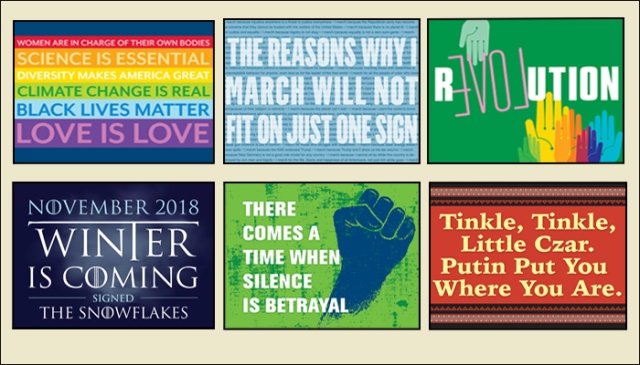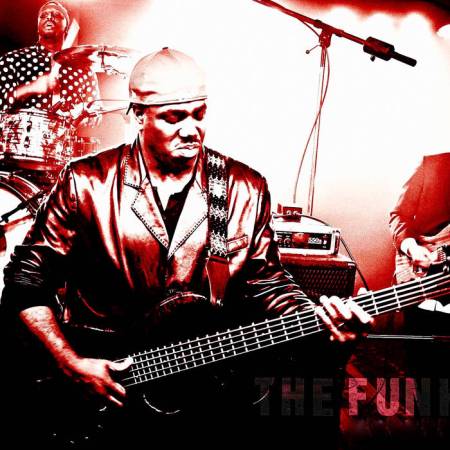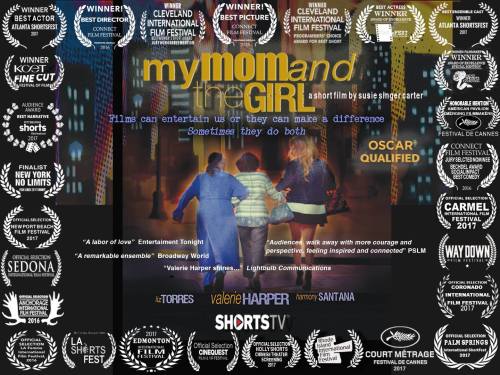“I have always loved the Grammys but to have artists read the Fire and Fury book killed it. Don’t ruin great music with trash. Some of us love music without the politics thrown in it.” ~ Nikki Haley, 29th and current United States Ambassador to the United Nations
The tension between art and politics has long been debated, certainly since the 1960s, when the cultural revolution introduced neon posters, protest music, and lyrics that offered more than “ooh baby baby” to the national conversation. Lenny Bruce and George Carlin made politics and changing mores the bedrock of their humor. Films, TV, art, and music found the incitement of violent unrest, sexual freedom, social controversy, and evolving standards ripe for exploration. All the rules changed and, for artists, that was a glorious thing.
Yet here we are in 2018, once again debating the explosive merge between politics and art, with some sniffing that those who create the movies, TV shows, music, books, images, and comedy enjoyed by a rapacious public should keep their politicizing pie-holes shut. Nikki was peeved, Trump took on Jay-Z, and God forbid a certain red-headed comedienne made tasteless jokes about the man in the White House…satire is dead, color within the lines, banish them from the kingdom!
Some of us aren’t having that.
When Nikki Haley tweeted the above admonition on Grammy night, she threw herself into a social media frenzy that literally exploded with response, opening up a contemporary conversation about what artists are allowed to say, what they are advised to do when it comes to that provocative alliance between creative and political personas.
The zeitgeist on that question has clearly evolved over time. Swinging from earlier eras when artists and celebrities fought hard to keep their proclivities and idiosyncrasies—both personal and political—from impacting any part of their public brand (with McCarthy’s blacklist making it a matter of career life and death), current trends find politics and identity more readily meshed, making public not only what an artist has to offer, but who they are and what they believe.
Of course, that’s not true in all genres of the creative world. It’s well known that country music defines conservatism as the go-to party line and sticking your neck out too far to the left can shatter a career’s upward trajectory (see the Dixie Chicks). Some say that hard line has been softened in more recent years; when big stars like Tim McGraw and Faith Hill can throw their support behind Obama and sane gun control, and still maintain status as one of country’s power couples, perhaps the sharper edges of political witch-huntery have been dulled. Even the TV series “Nashville” has tackled police profiling and the outing of one of its most popular characters.
On the other side of the aisle, actors like Bruce Willis, Kelsey Grammer, and Tim Allen claim their conservative politics have contributed to backlash from liberal Hollywood. Clint Eastwood, he of the famous “empty Obama chair” at the 2012 Republican Convention, has been openly mocked not only for his support of right-wing politics, but the contradiction those views present when viewed against some of his more liberal narratives (Gran Torino or Million Dollar Baby, for example). I doubt that Eastwood gives a hoot about it either way, but it might be true that being an out-and-proud red-hat Republican in the entertainment business requires a certain thickness of skin!
Writers, largely more private and introspective than their performing cousins, seem particularly sensitive to the conundrum, as their commerce and community building rely heavily on the goodwill of virtual readers and reviewers who may or may not share their civic opinions. Some, in service to that readership, refuse to reveal their political views in open forums, often advising others to follow suit for the sake of survival in a saturated marketplace. One author recently asked if I didn’t find it “dangerous” to be as vocal and public as I am about politics, if I might be scaring off, offending, or potentially losing readers who sit on the other side of the fence.
Maybe so.
But for me it comes down to this: the products of my creativity are built on the foundation of my political and social beliefs. The topics I cover, the characters I create, the messages of my stories are all imbued with one aspect or another of my perspective, either by echoing it or arguing it. In fact, it is my worldview—my philosophies, spiritual beliefs, and politics—that contributes to the whole of my assembled persona, and that persona is inexorably linked to my artistic expression. These things are inseparable.
If my views offend, put off, or otherwise dissuade readers, listeners, or viewers from appreciating or buying my work, then so be it. That is the price I willingly pay for authenticity. For me, there would be no point to creating art if it didn’t represent my voice, didn’t inspire conversation, elicit emotion, provoke thought, or offer illumination. Whether comedy, satire, suspense, science fiction, romance, or mystery, one can weave their foundational beliefs into any plot, character, or dialogue. Nothing need be wasted. My Muse, in fact, will not allow me otherwise.
Given that, I’m particularly drawn to artists propelled by the same impulse. I love that J.K. Rowling makes no secret of her liberal views on Twitter, stirring trolls into Voldemort-like frenzy! Chelsea Handler’s fierce politics make her humor all the more pointed. I appreciate that Ken Olin, Rob Reiner, Alyssa Milano, Ava DuVernay, Don Cheadle, John Leguizamo, and Jeffrey Wright relentlessly use their pulpits to push against nationalist hate and right-wing demagoguery.
But I especially applaud lesser known artists, those who have more to lose by boldly going where their politics lead. They are countless and courageous in putting their artistry where their mouths are:
Grace Amandes, a top-notch Chicago graphic artist, is not only fearless about stating her truths, she went so far as to design a slate of astonishingly beautiful protest posters for the 2018 Women’s March and donated them to any marcher or organization who requested them. Whether her more conservative corporate clients might be put off by her public stance held no sway, and she was honored to find her work widely shared both nationally and online.

Or Aron Teo Lee. An east coast educator/entrepreneur who inspires the innovative thinking of kids and corporations via his company, Deilab, Lee is also a musician and a man of social conscience. Outraged by current political events, motivated to speak out for racial justice and other progressive causes, he and his band, The Funkin’ Rock Rebellion, recorded his song, “Into the Storm We March,” in time for the 2018 Women’s March and February’s Black History Month. Calling it “real funk with a meaning,” Lee describes his music as “sonic fuel to power artistic protest and social activism in response to this president and his cruel administration.” Art. Politics. Activism. No apologies.

Or writer/director/filmmaker, Susie Singer Carter, and partner, Don Priess, who took their compassion and concern for Alzheimer’s sufferers, triggered by Susie’s journey with her beloved and afflicted mother, and made a beautiful film short, My Mom and the Girl, which touched a nerve for many, garnering a slate of awards at festivals around the globe. Pivotal to the story was a tender narrative arc involving a trans-woman, not necessarily a topic that plays well in some corners of middle and southern America. But being the dauntless artist she is, not only was Susie unbowed by the potential of offending viewers with more conservative views, she infused the film with a visual embrace of tolerance.

Artists like these are all the more admirable for making their unflinching contributions at a time when so much around us careens in chaos… when too many of the privileged and socially insulated blithely declare, “I don’t do politics,” despite the growing need for universal and collaborative involvement.
Fortunately, and increasingly, most of us do “do politics,” using the skill sets we have at our disposal to raise the bar, raise consciousness, and raise awareness. For artists, it’s their art. Their music, their books, their films. Their photographs, theater, and poetry. Their comedy. Their images. Their songs.
To answer the titular question: artists can’t be afraid to mix politics and art. The power created by that synergy is what drives revolutions, what makes change, what inspires activism… all of it pushed by the noise of our collective voices. If someone cannot tolerate the volume, they are free to take a seat in the other room.
Banner photo by rawpixel.com on Unsplash
Artists photos by permission of the artists.

Visit www.lorrainedevonwilke.com for details and links to LDW’s books, music, photography, and articles.
![]()

Art has been political throughout history. From Aristophanes’s play “Lysistrata” through anything by Bertolt Brecht, to “Hamilton”. Think of many songs by Woody Guthrie. Music, sculpture, paintings, dance, every medium has been used for political commentary through the ages. That is right and good.
Carry on, Lorraine!
LikeLike
Perfect examples, Heather. We can’t start shutting up now, of all times in history!
LikeLike